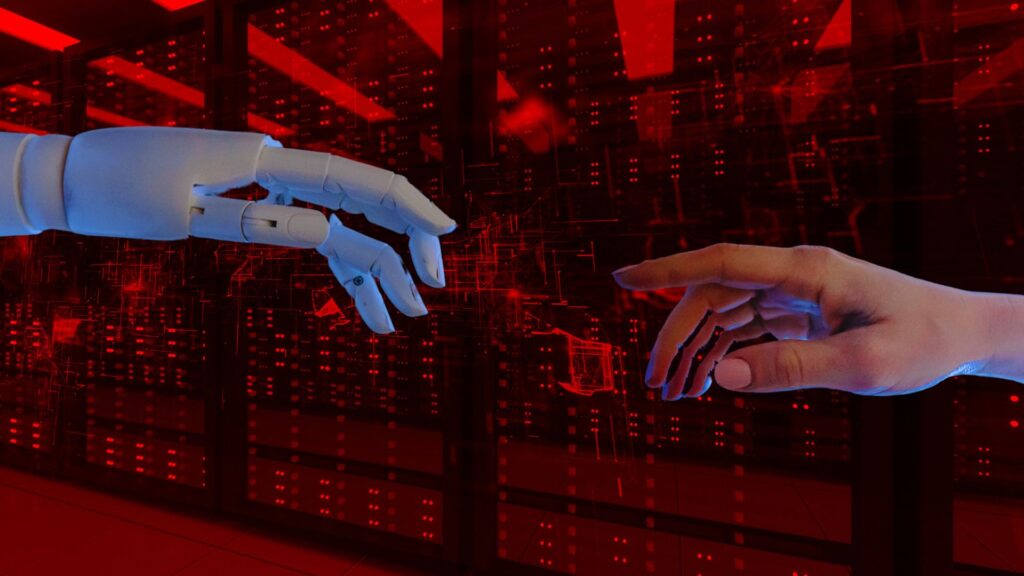
In the world where technology is relentlessly advancing, Artificial Intelligence (AI) has emerged as a key player that has the potential to reshape society as we know it. As AI becomes more ingrained in our everyday life, it prompts the question, how can we regulate this powerful tool? Can it even be regulated? The answers to these questions are as complex as the technology itself.
Regulation of AI: A Global Perspective
The European Union (EU) has been at the forefront in attempting to regulate AI. Their strategy involves creating a regulatory sandbox for new AI technologies, which allows them to assess their risks more objectively. However, this approach has its own set of challenges. It means the EU can control which AI technologies are allowed, potentially stifling innovation. The subjectivity of this process can also be a concern.
The EU’s focus on data is another innovative approach. By forcing anyone working with AI technologies to provide their data to regulators, the EU is trying to make it impossible for AI to evade regulation. Yet, this approach has loopholes that other EU regulations are attempting to close. The effectiveness of the EU’s AI regulations ultimately depends on whether the union can maintain control of the data that AI uses to operate.
Centralization and Control: A Double-edged Sword?
On the global stage, there’s an undeniable trend towards extreme centralization. Governments worldwide seem to be increasingly focused on controlling the internet. They envision a digital world where everyone requires a digital ID to access the internet, making everything closely tracked and controlled. In theory, this would make it impossible for rogue AI to arise.
However, the internet, as designed today, is fairly decentralized. One of the points of centralization is internet service providers, and this is where governments could take control. There is speculation that the end game of a global cyber attack could be to force everyone to switch to a single internet service provider, a move that would have profound implications for AI and privacy.
The Future of AI Regulation
As AI continues to evolve at breakneck speed, governments face the delicate balance of allowing AI to develop while preventing it from evolving into something they don’t want. This dynamic is reminiscent of the current situation with cryptocurrency regulations, but the stakes with AI are even higher. It’s not just money, it’s information as well.
The use of AI in information warfare, primarily via social media, is already a reality. As domestic tensions increase, the use of AI for propaganda purposes will likely become more common. In this light, it’s essential to keep track of AI developments and regulations. They may not seem significant now, but they will have a profound impact on every aspect of our lives, much like the internet and cryptocurrency.
As we traverse the digital era, it is crucial to remember that technology should serve as a tool for human empowerment, not oppression. While AI regulation is important, it should not result in the surrender of our digital freedom to central authorities. The essence of the internet and other digital technologies lies in their decentralization, and it is this attribute that fuels innovation, freedom, and progress. As we stand at the crossroads, let us choose the path that celebrates individual liberty, decentralization, and free thought. For in that direction lies the true potential of AI – to elevate human capabilities and experiences beyond what we can currently conceive.
Sources
- “AI in Europe: Regulating the Unregulated” – European Commission
- “The Evolution and Future of AI Regulation” – Financial Times
- “AI and the Internet: Centralization and its Discontents” – Wired
- “The Coming Age of Information Warfare” – The Guardian
- “The Impact of AI on Our Lives: Why Regulation Matters” – The New York Times
- “The Cypherpunk Revolution: Digital Freedom and the Future of AI” – MIT Technology Review




